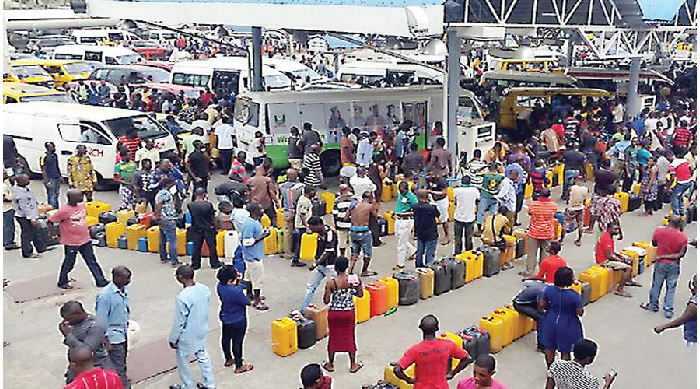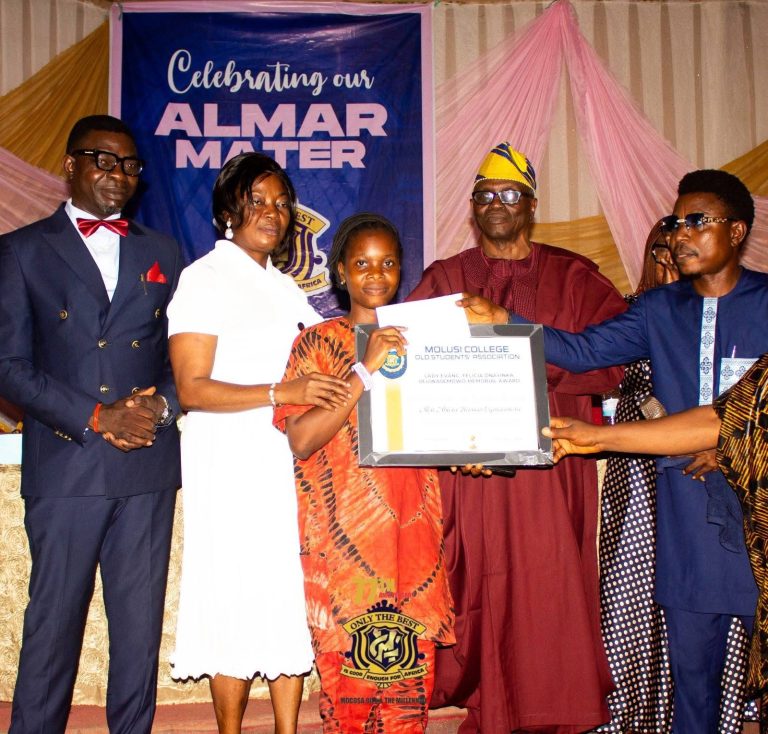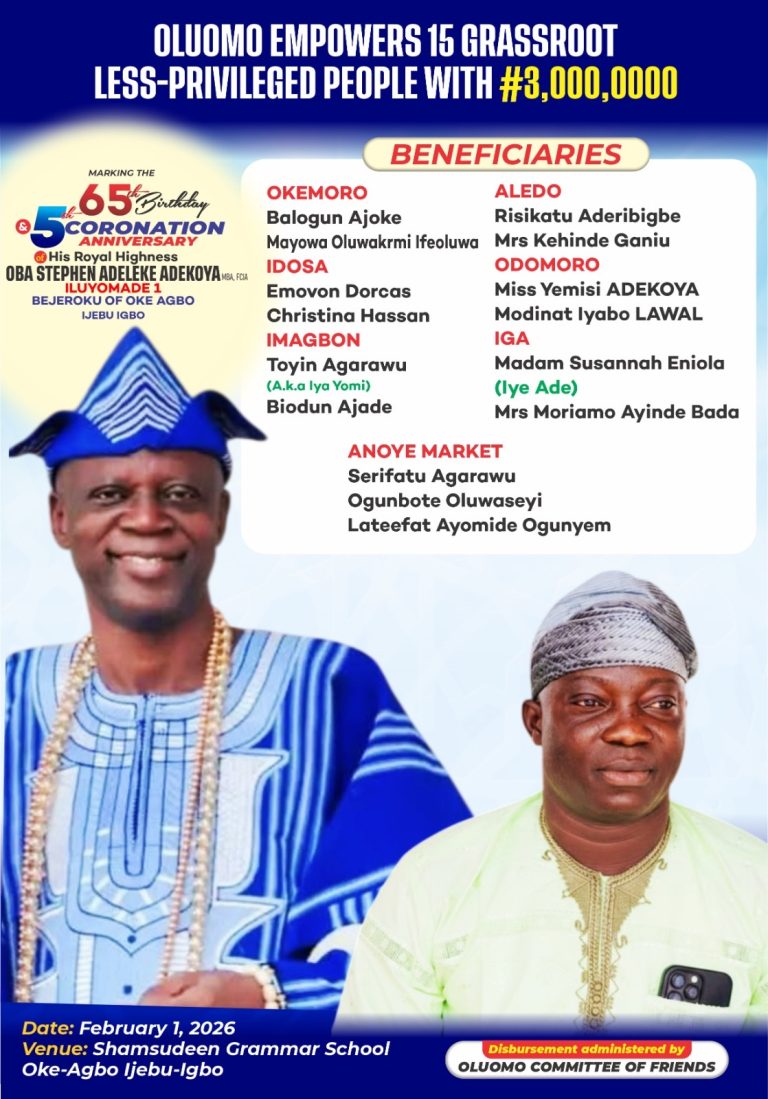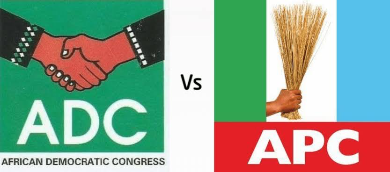
Petrol supply has continued to be on and off across the country forcing many filling stations not to dispense the product, Daily Trust investigations in the Federal Capital Territory (FCT) and many states across Nigeria have shown.
Our investigations show that the product sells for close to N1,000 per litre at some stations belonging to members of the Independent Petroleum Marketers’ Association of Nigeria (IPMAN) in satellite towns of the FCT; while motorists spend countless hours queuing at outlets of the Nigerian National Petroleum Company Limited (NNPCL) and a few Major Oil marketers dispensing in Abuja city.
The IPMAN blamed the lingering petrol scarcity on shortage of direct supply from the NNPCL.
Speaking to Daily Trust yesterday, a former Chairman of IPMAN, Ejigbo Depot, Lagos, Akin Akinade, said: “Our members have no direct supply from NNPC. We buy from Third Party. We buy at DAPMAN (Depot and Petroleum Marketers Association of Nigeria) Depot in Abule Ado.
Many stations in Abuja were found shut by our reporters yesterday, while there were long queues at the few that were dispensing the product. This situation started days before the #EndBadGovernance protest, which commenced on the 1st of this month, and has persisted more than two weeks after.
At Umaru Ngelzarma Filling Station in Lokogoma area of Kabusa District of the FCT, one of our reporters observed yesterday that petrol was being sold for N980 per litre.
Also, at Christee’s Petrol Station, which is also in Lokogoma area of Abuja, it was found to be dispensing the product at N950 per litre.
There were long queues at the NNPCL station at Katampe, along the Kubwa Expressway with motorists saying they would pass the night there to try to buy the product at N617/litre.
Another NNPCL outlet at the Airport Junction, Jabi, was not dispensing when one of our reporters visited yesterday. The situation was similar at most petrol outlets in Abuja and environs, owing to the unavailability of the product.
In Lagos, one of our correspondents reported yesterday that there were queues at NNPCL stations that sold the product for N568, as well as others like Mobil, MRS and North West stations, which dispensed for between N600 and N650 per litre.
Commercial drivers, who spoke to our correspondent, expressed deep concerns over the prevailing scarcity, and the astronomical hike in the price of the product at the few stations dispensing the product, which are mostly on the fringes of the nation’s commercial city.
“The hike in fuel price is the major problem we have in Nigeria. I bought N900-N950 in Calabar, that is why I have not traveled again. It is affecting our business.
“I left my bus because some filling stations sold N1,000 per litre,” Omotayo Adenikeju, a transporter, said.
A former chairman of IPMAN, Ejigbo Depot in Lagos, Mr. Akinade, in a chat with Daily Trust, disclosed that third party vendors from which some of their members source the product, “sell to us N840, N850; and by the time you add transportation to that, there’s no way our members would sell less than they’re selling.
“If they bring down their price, we’re also going to bring down our price. We’re in business to make money”, he said.
Motorists in Kano said they bought the product for N950 per litre at independent oil marketers’ stations and N620 at NNPCL stations, including those located around Kano Line, Kofar Nasarawa, Club Road by Murtala Muhammed Way and Tal’udu Sabon Titi.
A commercial driver, Habibu Sani said he would rather join the queue at the NNPCL station than pay over N900 for a litre.
Another motorist, Kabiru Yakasai, said he parked his car because he could not afford a litre of fuel for over N900.
At an AY Maikifi outlet around Maiduguri Road, it was discovered that the station was selling the product for N900; while at A.A. Rano Station at Gyadi-Gyadi Zaria Road, it was being dispensed at N730.
An independent oil marketer in Kano, Bashir Umar, attributed the supply shortage to marketers’ reluctance to bring fuel from Lagos because of the possibility of the price crashing when Dangote Refinery begins supply to the market.
According to him, marketers buy fuel for N900 per litre in Kano and sell for N950 after factoring transportation cost.
“Despite the various excuses provided by the NNPCL, the crisis persists, leading to speculations that the company may be benefiting from the situation.





